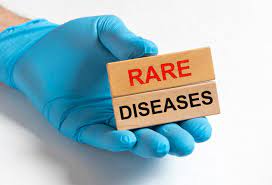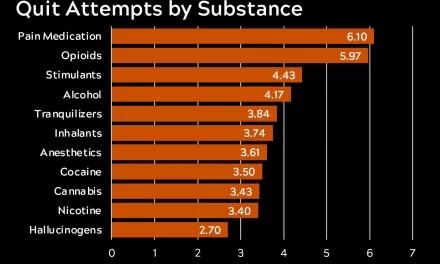
Researchers have employed network-based techniques to reclassify approximately 200 rare disorders, with initial comparisons to clinical data revealing the potential improvement in therapy prediction. Additionally, this study has unveiled significant molecular pathway similarities between rare diseases and autoimmune/autoinflammatory conditions like chronic inflammatory bowel disease, multiple sclerosis, and certain types of diabetes, marking a groundbreaking discovery reported in Science Advances.
The power of network-based approaches in uncovering hidden insights extends to the realm of medical research, and scientists Kaan Boztug, the Director of St. Anna Children’s Cancer Research Institute, and Jörg Menche, a professor at the University of Vienna and Max Perutz Labs, have been using these methods for a number of years to enhance their understanding of rare diseases, congenital immune disorders, and congenital inflammatory disorders. In their latest study led by Julia Guthrie, the researchers have successfully identified new molecular and mechanistic similarities among rare immune system disorders by examining the intricate interconnectedness of molecular interactions, which led to their reclassification.
By comparing their findings to clinical data, the researchers established that individuals within the same classification group responded to the same drugs. This study focused on analyzing around 200 rare immunological diseases with inflammatory features and utilized network-based analysis of protein-protein interactions to uncover commonalities in the biological pathways underlying these conditions. As a result of these assessments, the disorders were reclassified, and predictions were made about the most effective treatments for each category.
Compared to conventional clinical data-based methods, this novel disease classification significantly enhances the prediction of promising therapies. Network biology allows for a deeper understanding of the intricate interplay between the immune system and diseases, facilitating the development of more targeted and personalized approaches for diagnosis and treatment, as explained by co-study leader Kaan Boztug.
Moreover, the results suggest close links between numerous autoimmune and autoinflammatory diseases such as chronic inflammatory disorders, multiple sclerosis, systemic lupus erythematosus, and type 1 diabetes. The study identified a group of key genes and their interaction partners known as “AutoCore,” central to homeostasis, within autoimmune and autoinflammatory diseases. Additionally, 19 other subgroups were identified to provide insights into homeostasis and immune system deregulation.
While traditional approaches categorize immune system disorders by specific body regions in isolation, the systemic approach offers a more comprehensive view of the underlying mechanisms. Co-study leader Jörg Menche highlighted the limitations of the traditional paradigm of “one gene, one disease” in rare disease research and introduced a multidimensional network visualization depicting all known monogenic immune defects associated with autoimmunity and autoinflammation, showcasing the intricate interconnections of genes in rare diseases.












